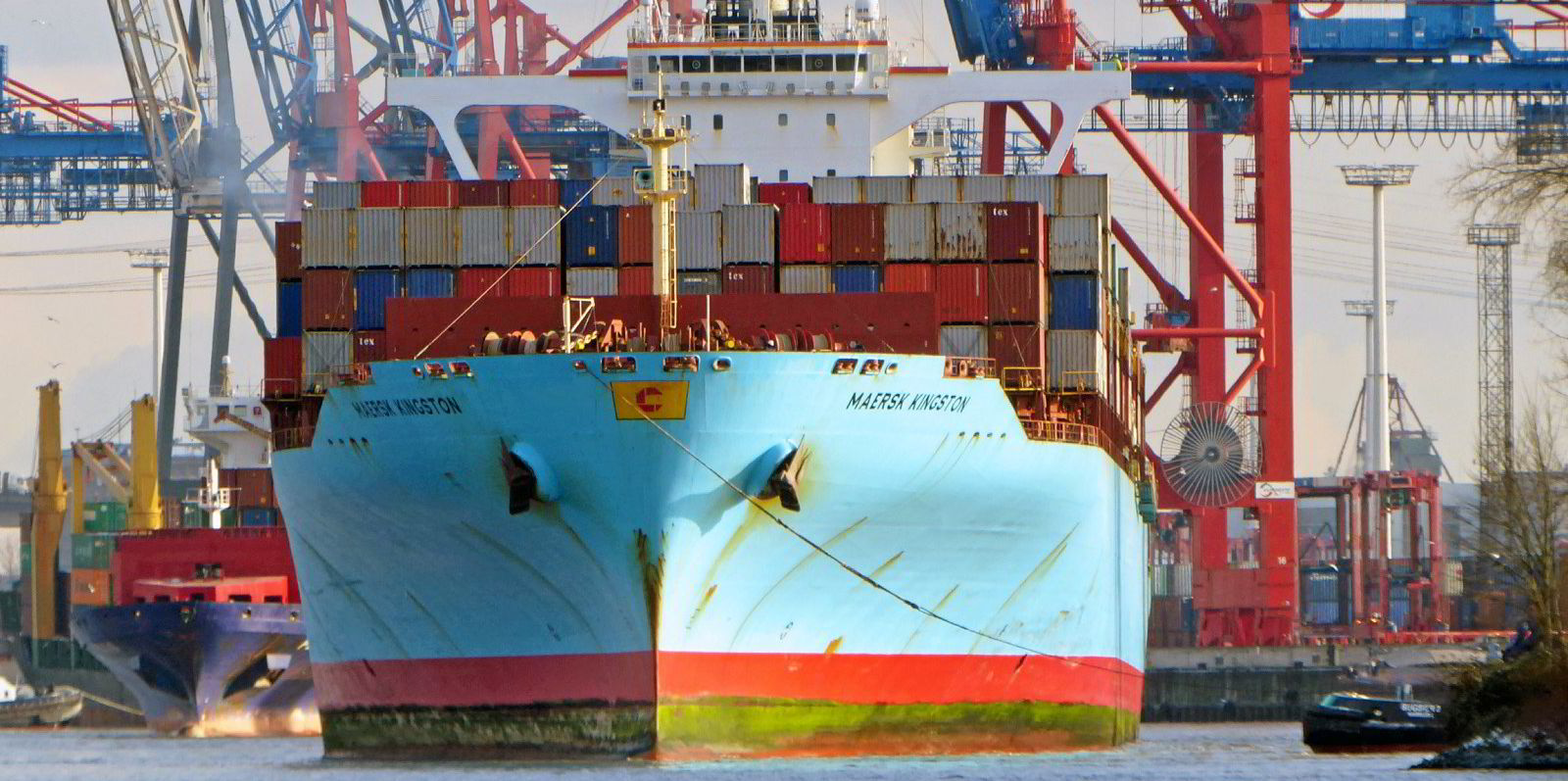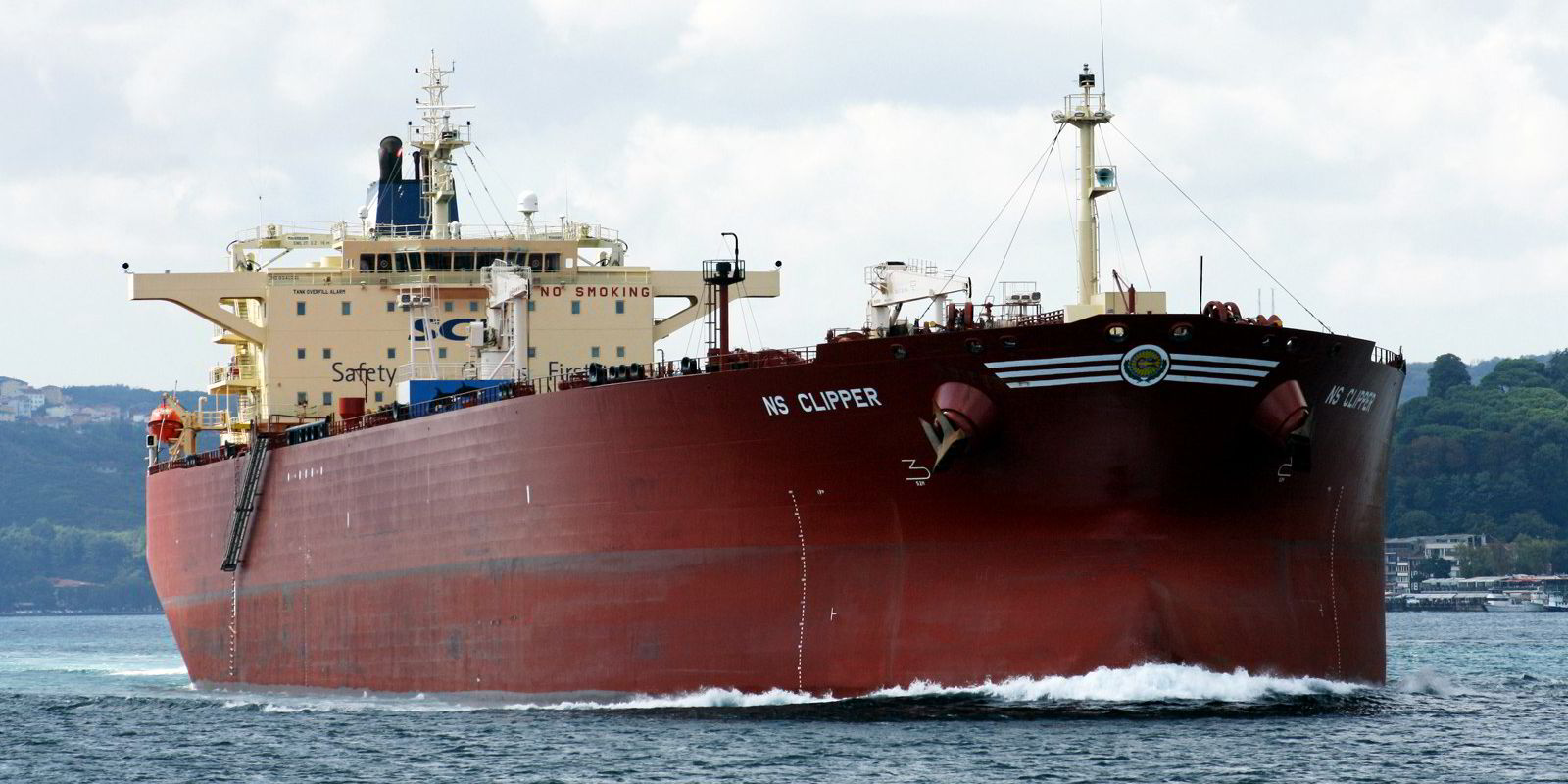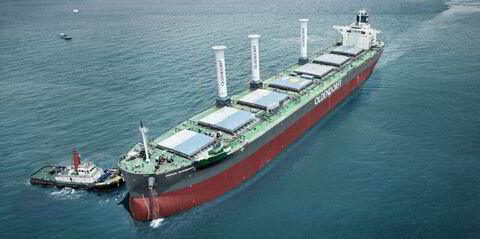Now months into Russia’s invasion of Ukraine and some of the wider impacts of the conflict are starting to make themselves known, as evidenced by Maersk’s huge write-down. Sovcomflot, meanwhile, faces losing its existing P&I cover as it takes the toll of being a sanctioned entity.
The cost of not doing business with Russia was brought into focus this week amid the release of AP Moller-Maersk’s first-quarter update. Write-downs on a terminal, shipping and logistics assets in Russia amounted to over $700m, the Danish shipping giant said. Not a figure to be sniffed at, but easier to stomach when the business reported its best earnings quarter ever.
Meanwhile, the EU unveiled proposals to end its dependency on Russian oil by the end of the year. The ban would include seaborne oil and looks set to shake up the tanker market considerably.

Still, on the Russia theme, beleaguered tanker firm Sovcomflot is facing the loss of P&I cover for its ships after members of the International Group pulled the plug on their long-standing relationships with the tanker firm. The outcome became inevitable after the shipowner became a sanctioned entity, and means its vessels will have lower levels of cover from the domestic insurance market.
A major Greek shipowner is targeting a fledgling market: the carbon capture, utilisation and storage game (CCUS). And Peter Livanos’ EcoLog wants in big, with an aim for a 60-ship CO2 carrier fleet and a terminals business. Another Greek player has shown market savvy in a more traditional arena. Aeolos Management, a company led by the Embiricos family, has reportedly carried out an asset play by flipping a VLCC in a $35.5m sale three years after buying it for about $23.8m.
A shipping law firm has given in to demands for staff homeworking full time, but there’s a catch. Workers will have to agree to a 20% pay cut for the privilege. Firms face a dilemma over how they can repopulate their offices in the wake of Covid-19’s new homeworking norm and it has become a divisive topic as the pandemic recedes. Advocates claim it can help diversify the workforce as it allows for more flexible arrangements when it comes to issues of childcare, and widens the pool of potential employees.
And finally, a goodbye. Simpson Spence Young (SSY) chairman Mark Richardson has told employees at the shipbroker that he will retire by the end of the year. “I’ve seen the company go from strength to strength,” he commented. “However, as the saying goes ‘all good things must come to an end’.”
Eric Priante Martin contributed to this newsletter.



